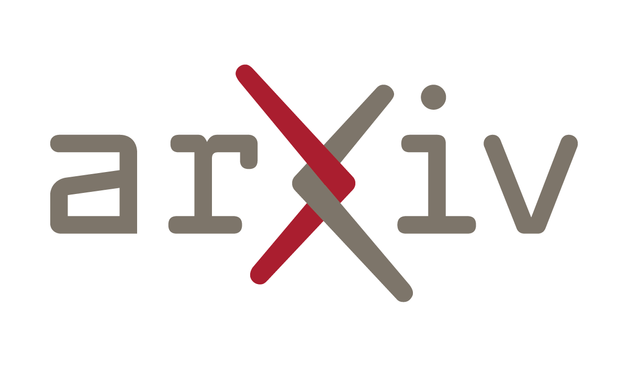Der glaubwuerdigste Take von _all_ den Takes zu dieser… absurden Parade in Washington dieser Tage ist ja, dass fast alle der Beteiligten dabei maliciously compliant waren und einfach nur ne Shitshow abgeliefert haben mit Absicht und Vorsatz.
Den ganzen Formaldienstscheiss hab ich nie beim Militär gelernt. Aber trotzdem ist das _so_ tief in mir drin, dass ich anner Ampel _nicht_ mit links im Takt loslaufen kann, wenn ich Musik höre dabei.
_So_ ohne Tritt laufen: Das geht nur absichtlich!


